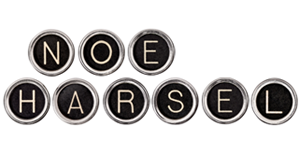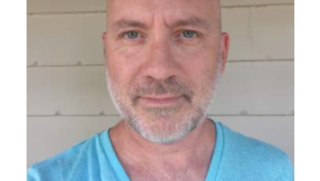How long have I known this incredible human? Suffice it to say, back when he only knew one of the four languages he now speaks and his incredible internationally applauded contemporary music festival wasn’t even a glimmer in his eye … David Chisholm has always been the picture of courage, passion and perseverance.
David has an international practice defined through diverse and hybrid collaboration for which he has won six Green Room Awards, a French Australian Chamber of Commerce and Industry Award, a Highly Commended Paul Lowin Prize, a Mention at 36th Bourges International Competition of Electroacoustic Music and Electronic Art, a Special Mention in the X Media Forum, 31st International Film Festival in Moscow, the Medibank Private State and National Arts Awards and Australian National Young Achiever of the Year.
From 2003 to 2006 he taught genre theory at Centre for Ideas, Victorian College of the Arts. He has presented seminars on his music in Australia, France, Ireland and Italy. David has undertaken multiple artist residencies in Australia, France and the USA and in 2017 was an Australia Council for the Arts Composer in Residence at HIAP in Helsinki, Finland. David was recently conferred a PhD at University of Melbourne. He has been a sessional teacher in Music Composition and Cultural Studies at Monash University since 2012.
David is based between Santiago, Chile, and Bendigo, Australia where in 2013 he founded the Bendigo International Festival of Exploratory Music of which he remains the Artistic Director and CEO.

Where are you working from today?
Today from home. I have a studio in my house in Golden Square, Bendigo in my 1890’s miners cottage. Window looks into the front garden and yard. It is peaceful.
What are you working on?
Mostly on the 6th edition of the Bendigo International Festival of Exploratory Music (BIFEM), an event I founded in 2013 and have run annually ever since. I recently finished a new orchestral work that will be premiered at the festival by Adelaide Symphony Orchestra in their first ever Victoria appearance. So turning six is a significant age.
How’s it going?
BIFEM is going well – getting close, and I never look at sales, preferring to imagine that no-one is coming. Makes me work harder at convincing people they should. And honestly, they really should. For anyone with an interest in progressive music, this is the concert hall version. I’m really excited about the whole programme, but of course as composer, I’m delighted to work once again with my colleague Eric Dudley on our third major collaboration in the last 10 years.
When you get stuck, what doing you do?
It rarely happens. I tend to actively procrastinate to avoid getting stuck. Nothing like the pressure of a deadline to get stuff done. One habit I got into early though, was to never start the day by editing what I had been working on the day before. If I’m in a writing phase, then I start the day writing, and then later in the day attend to emails etc, and then I’ll edit (if at all), in the evening. Mostly I try to not edit until I have a first draft of any piece. Editing is a different process, it’s technical, something to follow on, once the initial impulses and ideas are expressed.
Who hears your earliest version & at what stage?
I completed my PhD this year and so for the last five years, it was my supervisor Elliott Gyger. Now, it’s no-one. I miss Elliott’s company in those early sketches, but we all have to grow up eventually (a second time in this case). But yes, I prefer to keep sketch material to myself. Sometimes I will show my students, in order, I hope, to demystify process. It’s easy to look at a refined score by a more experienced composer and imagine that it is all implicit. But of course, I have been doing it more than 20 years longer than my students. So it’s important to break that myth for them, to show them that all ideas start out as rough stone and need LOTS of refining.

